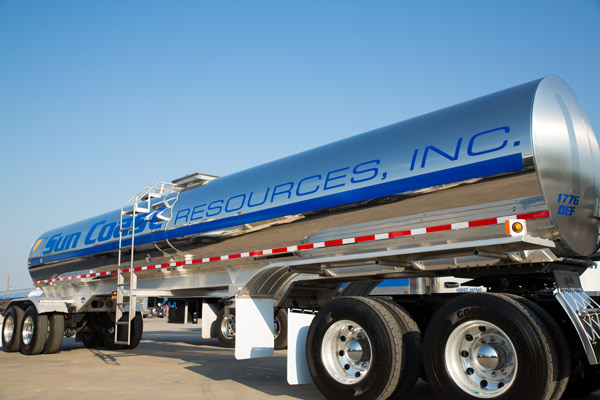Sun Coast has expanded its Emergency Fuel POWER Program, a priority generator fueling service that provides contract customers with fuel sampling and treatment, plus an inspection of their standby generators to ensure reliable operation.
The POWER Program guarantees customers a priority supply of high quality generator fuel, which contains an additive to prevent biologic growth. The treated fuel is stored by Sun Coast until its POWER Program customers need to activate their option for emergency generator fuel supply. Sun Coast samples the fuel in each generator annually to verify its quality, so customers can be assured that their emergency generators will operate effectively at all times.
Kyle Lehne, Sun Coast’s vice president of sales and marketing, stressed, “When disaster strikes, and power to the grid is interrupted, companies must rely on their standby generators to operate immediately, no matter what. Accordingly, companies are totally reliant on the quality of their generator fuel and the dependability of their wholesale fuel provider. Sun Coast’s number one priority is to make certain our POWER Program customers never have to worry about the operability of their generators during periods when power is interrupted, so they can maintain normal operations. Our POWER Program begins with an initial site evaluation and includes fuel sampling, coordinating our generator service with each customer’s operating schedule, identifying the location of all generators, recording the emergency contacts for each customer, plus noting any other customer-specific data to ensure reliable generator operation until power is restored.”
With decades of experience, bolstered by an extensive fuel distribution fleet of over 700 units, domiciled at 19 company-owned facilities located in key demand centers, Sun Coast ensures 24/7 rapid response during periods of peril. Sun Coast’s existing POWER Program customers include oilfield service companies; healthcare facilities and hospitals; water districts; municipalities; government agencies; police departments; data centers; mining operations; telecommunications firms; utilities; special events companies; hotels; big box retailers; military operations; food and beverage distributors; first responder/rescue & recovery facilities, plus any other operation that relies on standby generators when power to the grid is curtailed.





